- Says governor collects up to four times what they used to collect before
The National Chairman of the ruling All Progressives Congress, Prof. Nentawe Yilwatda, has urged the masses to hold their state governors and local government chairmen accountable. Yilwatda spoke on Monday in Abuja at the public presentation of “Vicious Red Circle,” a book on human trafficking authored by Alex Oriaku.
He emphasized that Nigerians must begin to demand tangible development and people-oriented projects from subnational leaders, especially in light of the significant increase in monthly allocations to states and councils. He stated, “No governor in Nigeria collects less than three times, up to four times what they used to collect before. None. Who knows that two years ago there was a sharing of about ₦400bn per month—but today, the last sharing they did was ₦2.2trn. So they can do more for their people. No governor collects less than three times. None. They are focusing now on bigger projects. And to me, this is a turnaround that we need in governors. I would say, talk to your governors. Talk to your local government chairmen. Let them do more.”
Yilwatda, who assumed leadership of the APC amid mounting criticism of government economic policies, maintained that the administration of President Bola Tinubu was on the right track. He expressed optimism that the party would drive the country toward economic recovery.
During the event, the discussion extended beyond governance to address a more pressing humanitarian crisis—human trafficking, which has earned Nigeria the reputation of being both a source, transit, and destination country for trafficked persons in Africa and beyond. Despite the efforts by the National Agency for the Prohibition of Trafficking in Persons since its establishment in 2003, Nigeria remains one of the leading countries in West Africa affected by human trafficking.
Hundreds of victims, mostly women and children, are trafficked annually within the country and abroad—particularly to Europe, the Middle East, and North Africa—for forced labour, sexual exploitation, and domestic servitude. Reaffirming the government’s resolve to combat this menace, Director-General of the National Intelligence Agency, Mohammed Mohammed, described human trafficking as one of the most dangerous transnational crimes, likening it to drug and arms trafficking. He remarked, “Human trafficking has eroded our social fabric and robbed some of our people of their dignity and future,” adding that the NIA has continued to provide intelligence and operational support to NAPTIP.
He noted that the fight against trafficking requires a “whole-of-society approach,” calling for increased involvement from civil society groups, faith-based organisations, and community actors to dismantle trafficking networks.
Reviewing the 198-page book, President of the Nigerian Institute of Public Relations, Dr. Ike Neliaku, examined the connection between corruption, manipulation, and exploitation, urging Nigerians to reject the “culture of silence” that enables such evils to persist.
In his speech, Oriaku explained that the book aims to expose the self-perpetuating cycle of exploitation and silence that fuels human trafficking. “It’s a circle that preys on the desperate, the vulnerable, the marginalised, and the unseen,” he said. “I wrote it to build a bridge of empathy between the abstract horror of a global crisis and the beating heart of a single, human story.”
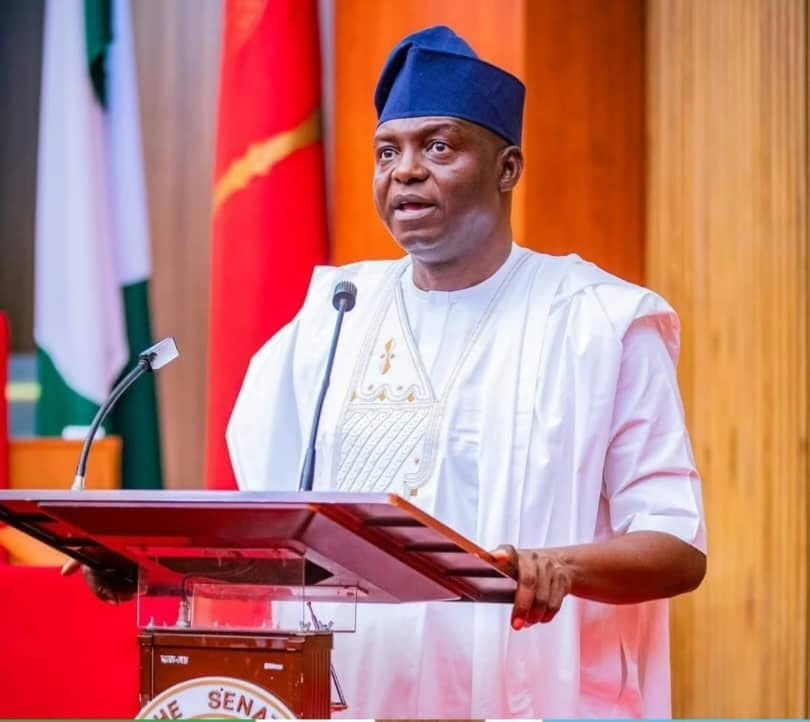
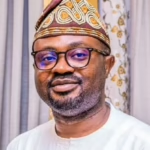

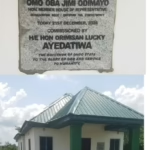

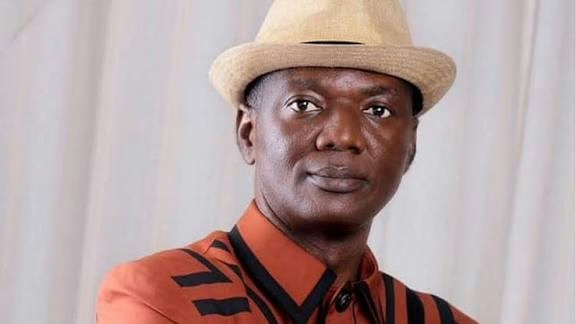

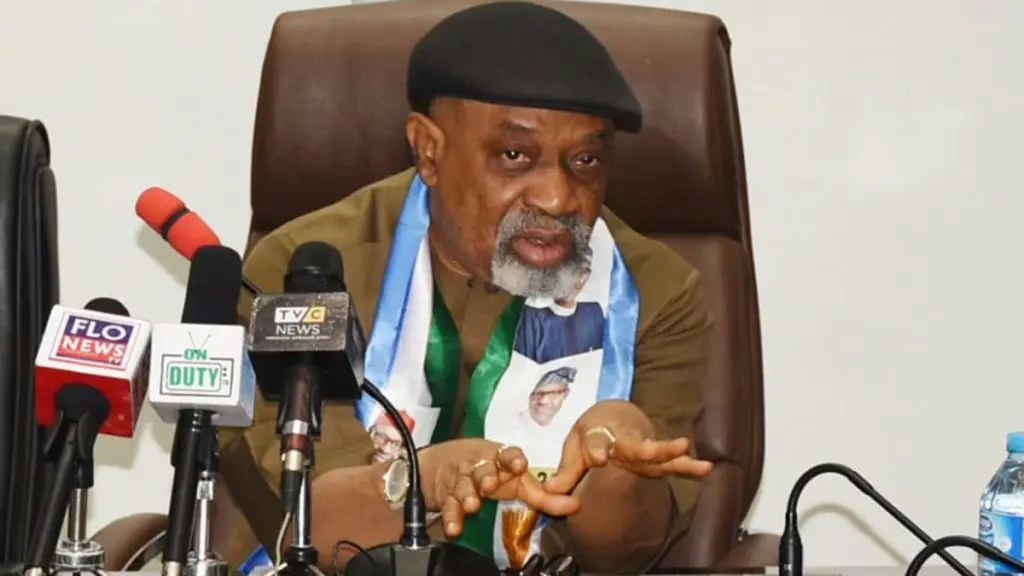
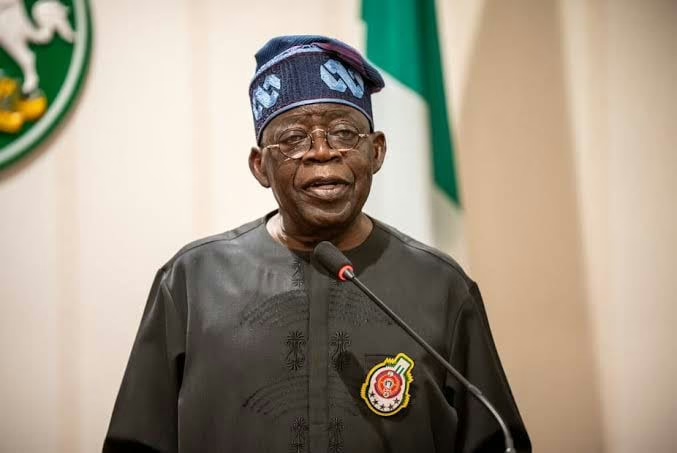
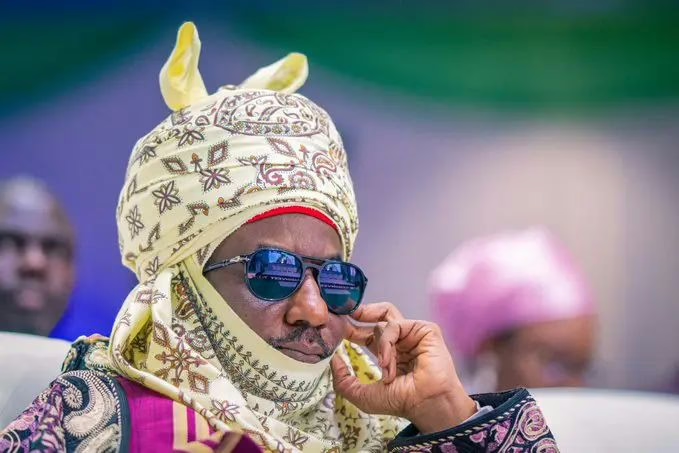
Leave a Reply